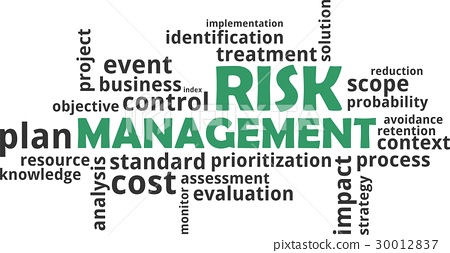

By the end of this training course, participants should be able to:
This course is designed for project leaders and professionals responsible for managing risks within their organizations. It is ideal for:
The course will be delivered through a combination of theoretical lessons and practical exercises, with real-world examples from various industries. It will include case studies, group discussions, role-playing, and risk simulation activities. This approach will ensure that participants not only learn the principles but also know how to apply them effectively in their own projects.
From a project management perspective, this course will explain approaches form a wide range – from predictive way to Agile and hybrid ones.
Module One: Introduction to Risk Management
Module Two: Risk Identification and Assessment
Module Three: Qualitative and Quantitative Risk Analysis
Qualitative Analysis:
Quantitative Analysis:
Module Four: Risk Response Strategies and Contingency Planning
Risk Response Strategies:
Module Five: Monitoring, Controlling, and Managing Change
Monitoring and Controlling Risks:
CDGA attendance certificate will be issued to all attendees completing minimum of 75% of the total course duration.
| Code | Date | Venue | Fees | Register |
|---|---|---|---|---|
| PM192-02 | 22-06-2026 | Istanbul | USD 5950 | |
| PM192-03 | 10-08-2026 | Amsterdam | USD 6950 | |
| PM192-04 | 01-11-2026 | Manama | USD 5450 |
 Preparation Course.jpg)
This learning course also serves to help participants prepare for the Project Management Institute's (PMI®) Risk Management Professional (RPM®) exam with the understanding of project risk management a ...

Risk management is a critical component of project success, helping organizations identify, assess, and mitigate potential threats before they impact project objectives. This course provides a structu ...

Minimizing contract risk and increasing contract compliance used to be one of those topics that elicited mild interest at best from oil and gas executives. While it is true that internal audit groups ...

Risk management is a critical component of project success, helping organizations identify, assess, and mitigate potential threats before they impact project objectives. This course provides a structu ...
Providing services with a high quality that are satisfying the requirements
Appling the specifications and legalizations to ensure the quality of service.
Best utilization of resources for continually improving the business activities.
CDGA keen to selects highly technical instructors based on professional field experience
Since CDGA was established, it considered a training partner for world class oil & gas institution
3012, Block 3, 30 Euro Business Park, Little Island, Co. Cork, T45 V220, Ireland
Mon to Fri 09:00 AM to 06:00 PM
Contact Us anytime!
Request Info